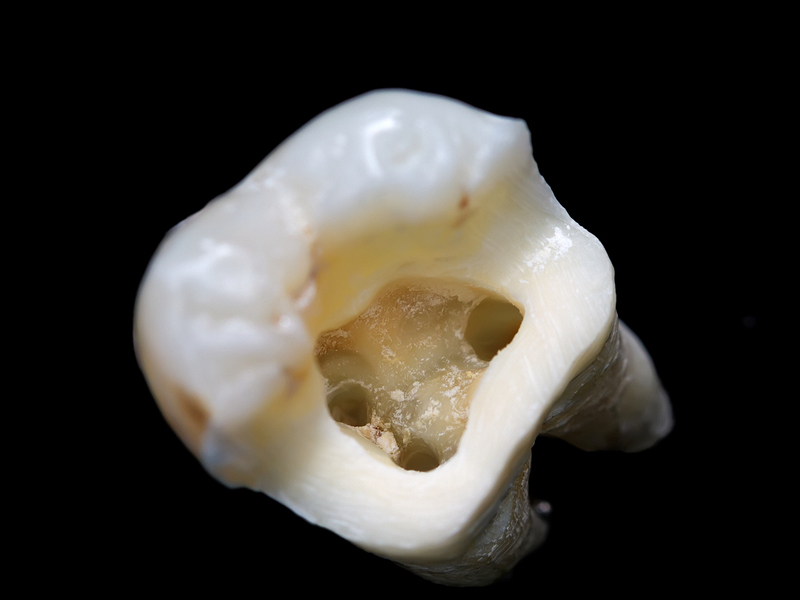Are you feeling a twinge of apprehension when your dentist mentions the words “root canal”? You’re not alone! Root canal therapy has garnered a somewhat notorious reputation over the years, often described as an uncomfortable and dreaded dental procedure. But here’s the truth: root canal therapy is one of the most effective ways to alleviate dental pain and restore oral health. we’ll debunk common misconceptions about root canals, explore signs and symptoms that indicate the need for this treatment, discuss alternative options for dental pain relief, and ultimately show you how root canal therapy can be a soothing solution to achieving optimal dental health. So buckle up as we take you on an enlightening journey through everything you need to know about root canal therapy!
Common Misconceptions about Root Canal Treatment
Root canal treatment has long been associated with fear and anxiety among dental patients. However, it is important to dispel some common misconceptions surrounding this procedure to alleviate any unnecessary concerns.
One common misconception is that root canals are extremely painful. In reality, modern techniques and anesthesia have greatly improved the comfort level during the procedure. Patients often report feeling little to no pain during the process.
Another myth surrounding root canal treatment is that it causes illness or spreads infection throughout the body. This belief stems from outdated research and has been debunked by numerous scientific studies. Undergoing a root canal can help remove infection and prevent further complications.
There is also a misconception that extracting the tooth is a better option than undergoing a root canal. While extraction may seem like an easier solution, it can lead to more extensive dental work in the future, such as dental implants or bridges. Root canal therapy allows you to save your natural tooth, preserving its function and appearance.
Signs and Symptoms That Indicate the Need for a Root Canal
When it comes to dental health, understanding the signs and symptoms that indicate the need for a root canal can be crucial. While many people dread the thought of undergoing this procedure, it is important to recognize when it is necessary in order to alleviate pain and prevent further damage.
One common sign that you may require a root canal is persistent toothache or sensitivity. If you notice constant discomfort or heightened sensitivity to hot or cold temperatures, it could be an indication of nerve damage within your tooth.
Another symptom to look out for is swelling or tenderness around the affected tooth. This can occur due to infection spreading from within the pulp chamber of the tooth. If left untreated, this infection can lead to abscess formation and more severe complications.
Discoloration of a tooth can also be an indicator that a root canal may be needed. A darkened tooth may suggest decay or trauma that has affected the nerves and blood vessels inside.
Alternative Treatments for Dental Pain Relief
When it comes to dental pain relief, root canal therapy may not be the only option. While root canal treatment is a highly effective and common procedure, there are alternative treatments that can provide relief from dental pain.
One alternative treatment is medication. Over-the-counter pain relievers such as ibuprofen or acetaminophen can help manage mild to moderate dental pain. However, it’s important to follow the recommended dosage and consult with your dentist before taking any medication.
Another option is applying a cold compress or ice pack to the affected area. This can help reduce swelling and numb the area temporarily, providing some relief from dental pain.
Additionally, numbing gels or ointments containing benzocaine can be applied topically to alleviate toothache symptoms. These products work by numbing the gums and surrounding tissues, offering temporary relief until you can see a dentist.
Saltwater rinses are another natural remedy that can provide temporary relief from dental pain. Mix half a teaspoon of salt in eight ounces of warm water and swish it around your mouth for 30 seconds before spitting it out. This simple solution helps reduce inflammation and kill bacteria in the mouth.
Conclusion:
Root canal therapy may have a reputation for being painful and daunting, but it is actually an effective and pain-relieving dental procedure. By addressing the root cause of tooth pain and infection, it can save your natural tooth and restore your oral health. Despite common misconceptions surrounding root canal treatment, it is important to remember that advancements in dentistry have made the process much more comfortable than ever before. With modern techniques and anesthesia options, you can expect minimal discomfort during the procedure. Recognizing the signs and symptoms that indicate the need for a root canal is crucial in seeking timely treatment. Persistent toothache, sensitivity to hot or cold substances, swollen gums, or abscesses are all indications that you should consult with your dentist as soon as possible.






